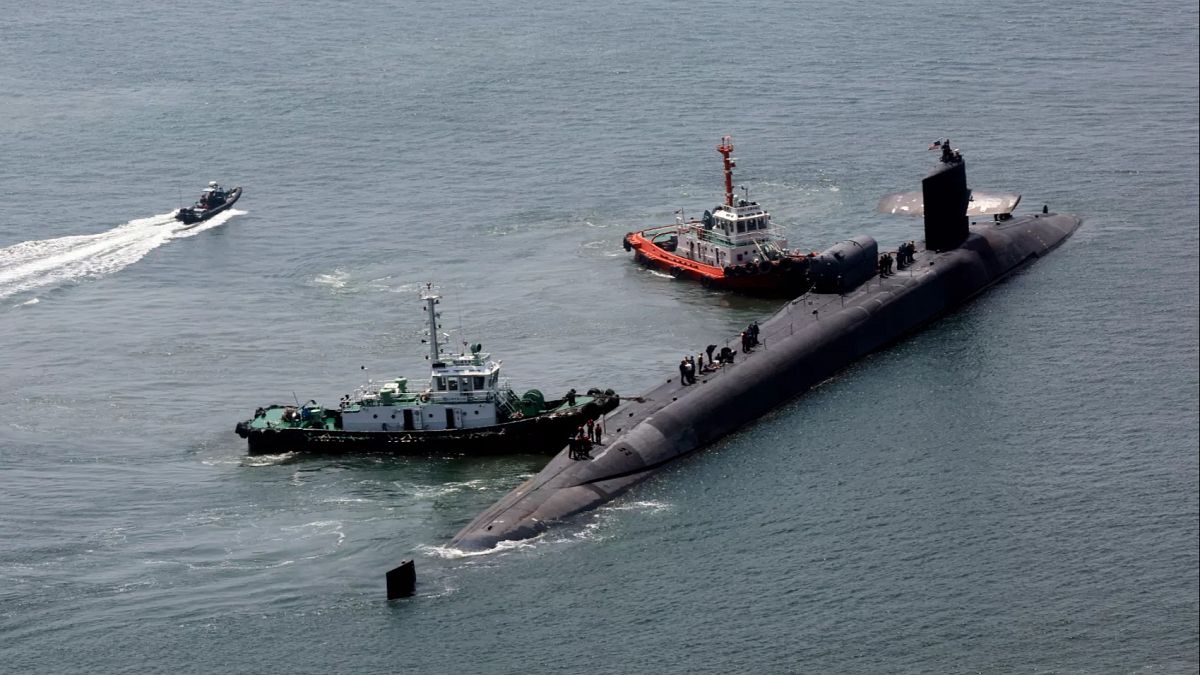

The world stage is experiencing heightened strategic and humanitarian tensions, as various global powers make significant military moves and humanitarian aid efforts strive to address deepening crises. These unfolding events underscore the complex dynamics of geopolitics and the ongoing challenges facing vulnerable populations across different regions.
In a recent military maneuver, former U.S. President Donald Trump ordered the repositioning of two nuclear submarines closer to Russian territory. This decision, announced through social media, was a direct response to perceived threats from Dmitry Medvedev, Russia’s former president. The move signifies a significant escalation in military posturing, redefining the strategic contours between the nations. While these deployments serve as a deterrent and a show of strength, they also heighten the need for diplomatic engagement to manage rising tensions peacefully.
Further inflaming the geopolitical landscape, Russian President Vladimir Putin issued a stern warning involving the deployment of hypersonic missiles in Belarus. This development raises concerns across Europe and Ukraine, particularly in light of previous uses of the Oreshnik missile. The move underscores Russia’s strategic positioning and its implications for regional security. Discussions among European nations about how best to navigate these developments are ongoing, emphasizing the importance of measured responses to maintain stability.
Meanwhile, Europe is not only caught up in strategic concerns but also engaged in significant humanitarian missions. As the humanitarian crisis in Gaza deepens, France has taken proactive steps by delivering 40 tonnes of humanitarian aid to the region. This delivery is crucial as local communities face severe famine, particularly impacting children. The delivery underscores the international commitment to addressing human suffering and rallying resources to provide necessary relief.
Amidst these humanitarian efforts, the region continues to experience profound challenges. The United Nations reports a harrowing statistic of 1,373 Palestinian deaths attributed to the struggle for aid in Gaza since late May. The U.S. envoy, Steve Witkoff, visiting a food distribution site, witnessed firsthand the dire circumstances and the complexities surrounding aid delivery amid ongoing conflict. The escalating need for humanitarian intervention calls for sustained international cooperation and initiatives to alleviate suffering.
Simultaneously, tragic events unfolded in Kyiv, where a Russian missile strike caused significant casualties. Ukrainian President Volodymyr Zelenskyy condemned the attack as “vile,” renewing calls for increased international pressure on Moscow. This incident highlights the enduring conflict in Ukraine, where families continue to face the devastating impact of military actions. In response, there are ongoing discussions at international levels to bolster support for Ukraine and enhance sanctions on Russia, with the aim to curb further aggression.
These concurrent crises, both military and humanitarian, call for a concerted global effort to address the underlying causes and to work towards peaceful and equitable solutions. The events reflect the interconnectedness of our world, where strategic and humanitarian considerations are deeply intertwined. Engagement from the international community remains vital to navigate these challenges, ensuring a future where diplomatic dialogue and cooperation can prevail over conflict and strife.
Source: {link}
